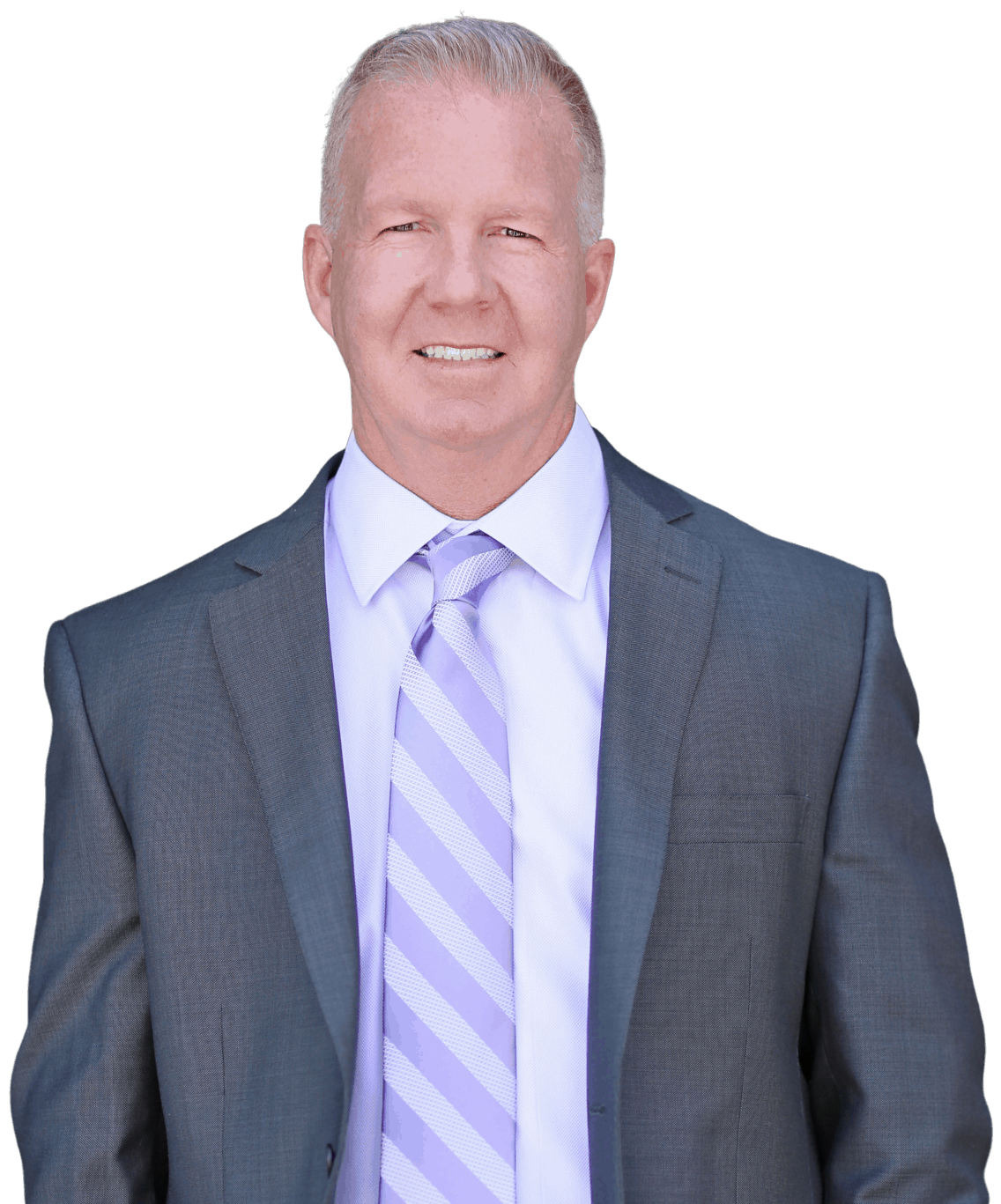
When you’re involved in an accident that wasn’t your fault, one of the first things you need to do is file an insurance claim - but whose insurance company do you file that claim against? Your own? The person or company at fault in the accident?
This article will explain the difference between first party insurance claims and third party insurance claims.
Simply put, a first party insurance claim is one that is filed with your own insurance company, whereas a third party insurance claim is one that is filed with the at-fault party’s insurance company.
Deciding which type of claim to file will depend greatly on who was at fault in the accident, but if you were injured in an accident, the first thing you need to do is file a claim. Filing a claim is one of the ways that you can pursue compensation for the damages you've suffered, such as medical bills, time off work, and pain and suffering. The other way that you can pursue compensation is to file a personal injury lawsuit against the at-fault party or entity.
Insurance regulations vary from state to state, so it’s important that you consult with an attorney who is educated regarding insurance regulations in California, such as the attorneys here at The Sevey Law Firm. We deal with insurance companies every day as we represent our clients with personal injury cases. We are well-versed in the laws and regulations surrounding insurance claims in California, and we can help you make sense of it all.
As we’ve mentioned, the type of insurance claim you file will depend on who was ultimately at fault in the accident that resulted in the injuries you’ve suffered. If you were at fault for the accident, you should file a first party insurance claim with your own auto insurance company.
If someone else, or a company, was at fault for the accident that caused your injuries, you should file a third party insurance claim with their insurance company. Any individual or business that carries liability insurance will be able to utilize their policy to pay for damages caused by their negligence. For example, if you were a pedestrian who was struck at a crosswalk and suffered injuries, you would file a claim against the insurance company who is insuring the driver of the car that hit you. Another example - if you fell while shopping at a store because of a wet floor with no signage, you would file a claim against the store's insurance company. It is common to open a first party insurance claim with your insurance company while also filing a third party claim with the at-fault party's insurance company, especially if you believe or have proof that the at-fault party lacks adequate liability coverage.
After an accident, most insurance companies will want to be made aware of the incident as soon as possible. In fact, many insurance companies have a guideline set in place that requires you to file your report within 24 hours following the incident that caused the injuries. If you are filing a third party insurance claim, you’ll need to give the insurance company information regarding the accident. Some things to remember when talking to the at-fault party’s insurance company:
To avoid saying the wrong thing to the insurance adjuster, enlist the representation of an experienced attorney. They will be able to discuss the accident with the insurance adjuster on your behalf, and you will not risk sacrificing the compensation for your damages by saying the wrong thing.
Once the insurance company has been notified of the incident, they will assign your claim a claim number. The claims adjuster will begin investigating the situation surrounding the accident that occurred. They may request an interview with you regarding the accident, as well as paperwork such as the police report. Your attorney should handle all of this for you as your legal representative. Your attorney is the person best qualified to communicate with the claims adjuster, protect and preserve any physical evidence, and will only share what is legally necessary with the other side.
When the investigation into who was at fault in the accident concludes, and any medical treatment for injuries is completed, your attorney will send a demand letter to the at-fault party’s insurance company. This letter will describe the accident, resulting injuries, treatment for those injuries, and the amount of compensation you are seeking for these damages. At this point, the insurance company will do one of three things:
Negotiation with an insurance company adjuster is not a simple matter. These adjusters are employees of the insurance company and are highly trained in negotiation techniques that make sure the insurance company pays out as little as possible on claims against them. They have a wide variety of tactics they will use to reduce your compensation, and for this reason, it is best to have a qualified, experienced attorney do the negotiating for you.
The attorneys at The Sevey Law Firm are highly skilled at negotiations with insurance companies, and we are aware of all of the tactics they try to use to make sure you don't get fairly compensated. Insurance adjusters will nearly always try to "low-ball" the compensation offered to the injured party. This is why it's so vital to have the proper legal representation.
If you’ve suffered injuries due to someone else’s negligence, and are apprehensive about communicating with the insurance companies involved, we invite you to contact us for a free consultation. You can reach us by phone at (916) 788-7100 or online here.